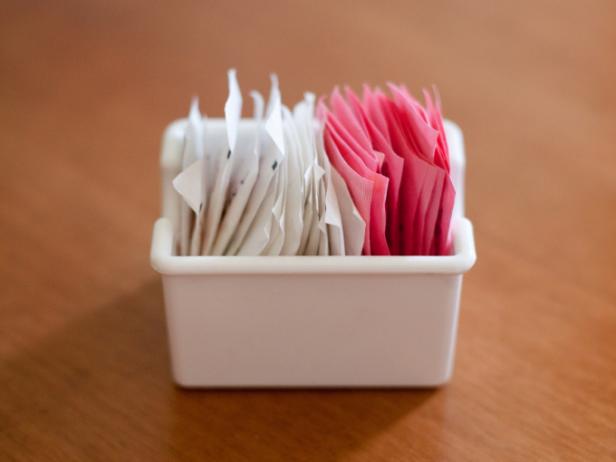The only squash that are OK for people with candida are zucchini and spaghetti squash. Sometimes a person can eat yellow squash but for some reason, as it is a summer squash unlike zucchini, it has something (probably more starchy) that messes with people with actute candida. The other squashes are extremely starchy, which is too bad, because they're also full of vitamin A, which most people with candida need more of, myself included. Spaghetti squash is recommended as a diet food, and for some, as a pasta replacement as its calorie per serving is much lower. The spaghetti squash, when baked, forks out of the shell in long strand-like spaghettis, hence its name. As for nutrition, it's not like other winter squash in nutrition but neither is it anywhere near as starchy. According to the US Dept of Agriculture (USDA) nutrient database, 1 cup of cooked spaghetti squash provides 42 calories, 0.4 grams of fat, 1 g of protein, 10 g of carbohydrate (4 g as sugar - so sto...

Comments
Post a Comment